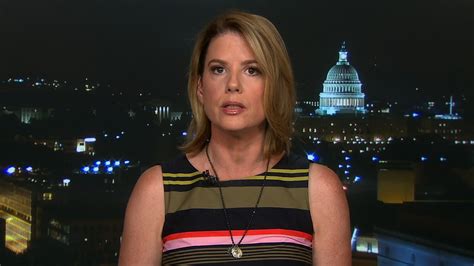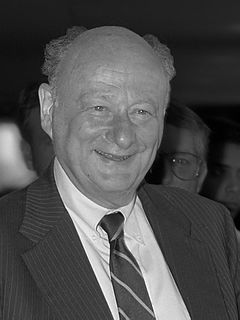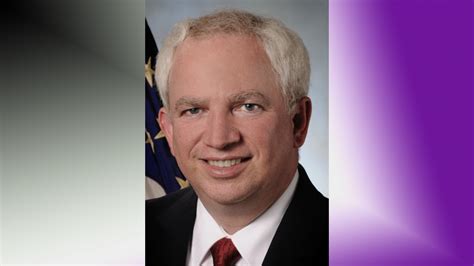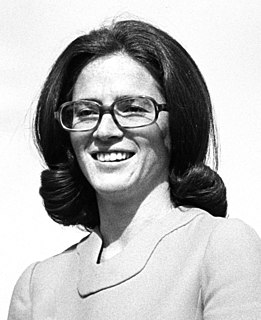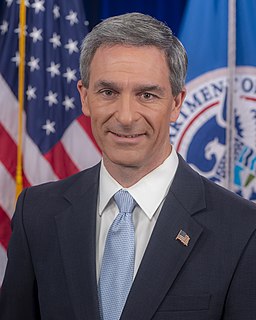A Quote by Kirsten Powers
Protesters can't violate First Amendment rights. Only the government can do that.
Quote Topics
Related Quotes
Now I realize it's fashionable in some circles to believe that no one in government should encourage others to read the Bible. That we're told we'll violate the constitutional separation of church and state established by the Founding Fathers and the First Amendment. The First Amendment was not written to protect people and their laws from religious values. It was written to protect those values from government tyranny.
...The Bill of Rights is a literal and absolute document. The First Amendment doesn't say you have a right to speak out unless the government has a 'compelling interest' in censoring the Internet. The Second Amendment doesn't say you have the right to keep and bear arms until some madman plants a bomb. The Fourth Amendment doesn't say you have the right to be secure from search and seizure unless some FBI agent thinks you fit the profile of a terrorist. The government has no right to interfere with any of these freedoms under any circumstances.
Let's not use the term democracy as a play on words which is what people commonly do, using human rights as a pretext. Those people that really violate human rights [the West] violate human rights from all perspectives. Typically on the subject of human rights regarding the nations from the south and Cuba they say, "They are not democratic societies, they do not respect human rights, and they do not respect freedom of speech".
The framers of our Constitution understood the dangers of unbridled government surveillance. They knew that democracy could flourish only in spaces free from government snooping and interference, and they put restraints on government overreaching in the Fourth Amendment of the Bill of Rights. . . . These protections require, at a minimum, a neutral arbiter - a magistrate - standing between the government's endless desire for information and the citizens' desires for privacy.
There is a recognition that Second Amendment rights, like First Amendment and other rights, come with responsibilities and limitations. There is no reason both sides of the gun debate can't support policies that both protect the right to legally own guns for sport and safety, and reduce the likelihood of mass fatalities.
First there is the democratic idea: that all men are endowed by their creator with certain natural rights; that these rights are alienable only by the possessor thereof; that they are equal in men; that government is to organize these natural, unalienable and equal rights into institutions designed for the good of the governed, and therefore government is to be of all the people, by all the people, and for all the people. Here government is development, not exploitation.
There is no question that under the Equal Rights Amendment there will be debates at times, indecision at times, litigation at times. Has anyone proposed that we rescind the First Amendment on free speech because there is too much litigation over it? Has anyone suggested the same for the Fourteenth Amendment I don't suppose there has ever been a constitutional amendment with so much litigation?
